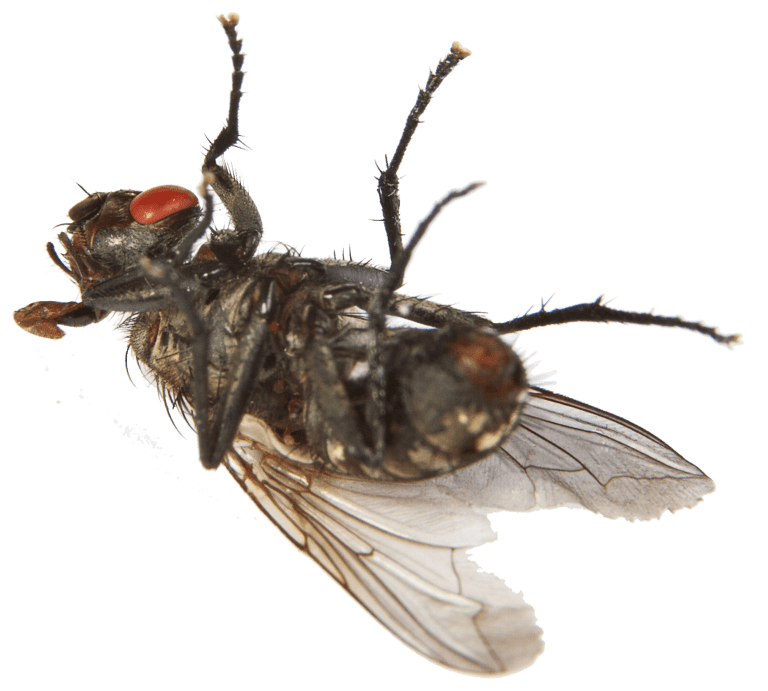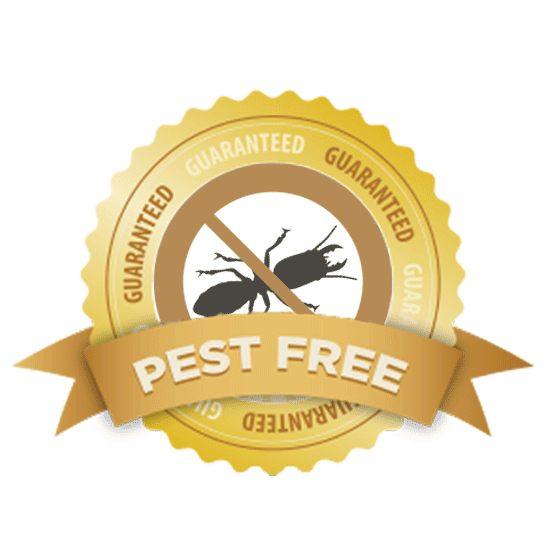Bed bugs are different creatures. They lurk in your homes and in workplaces but you’d never know it until they’ve come out into a full-fledged infestation. Bed bugs come out of hiding and feast on human blood! These stubborn parasites transfer diseases and can cause damage to your body and in some cases your structures. What is a bed bug? How do they get into your house and on your clothes? In this guide we explore what a bed bug is and how you can prevent and recognize a possible infestation. These tips also give you insights in to when its time to call a pest control expert in South Florida.
About Bed Bugs
Bed bugs resemble head lice, tiny and reddish-brown, and lurk in rooms where there is easy access to human blood. Wondering what bed bugs look like next to a finger, a coin and other home objects? A general rule of thumb is that bed bugs usually don’t grow bigger than a size of an apple seed. So, that’s about 4-7mm. Bed bugs don’t dwell in dirty places as some may assume. However, if you deep clean your home or workplace it may slow down the development of an infestation. Bed bugs can get into your homes if you come into contact with an already-infested area such as hotels, motels, or different “modes” of transport.
Lifestyle
Bed bugs conceal themselves well and this makes it very difficult to detect them. It’s not a few bed bugs that cause an infestation, it is a whole army of them. These can get on your bags and your clothes when you travel but these do not multiply in isolation. There are male and female; after mating the female lays up to 100 eggs per month. The eggs are laid close to the host and take about 10 days to hatch. Bed bugs are the size of an apple seed, but the nymphs are very tiny. They all need human blood to thrive, but even without a host, these pests live for more than a year!
Infestation
Each bed bug spends two months from birth until they become mating adults. A pest control expert can help you determine their mating cycle for your purpose. Therefore, developing an army at this pace is rather slow. The pests need human blood so they will feast on the sleeping host and retreat into their secret shelters. They are hardly noticeable at this stage. With time though, as more bed bugs grow in numbers, there is more evidence. As one group grows, the female bed bugs move away to lay eggs in peace. Besides that, the adult male bed bugs want to mate constantly which drives the female pests further away from camp. This way the bugs spread out gradually.
As the population grows at a faster pace, the bed bugs who usually live near the host run out of space. So in the small area, these pesky creatures are mating, breeding, and leaving fecal residue in the same space. Small numbers leave smears on the bed sheet and a large amount of fecal matter from them has an oddly sweet and pungent odor. There is skin shedding and large amounts of it in and around your bed are evidence you have bed bugs!
Evidence
Wondering where those odd bite marks came from? All that itchiness on your back and other parts of your body is stemming from something and it may be bed bugs. Here’s what you do. Get the brightest flashlight you can find and look into crevices, ceiling cracks, under the carpet, and on the edges. Also look in and around your bed, on the floors, and closet doors. You may find fecal matter, skin, and dead bugs in a few spots like these in your home.
Remember to check your bed, your couch, and mattress for any traces of bed bug evidence. Blood spots on the bed sheets, stains or skin in the frames, and edges of old furniture are all signs of bed bugs. If you find these pests in your home or workplace, throwing out furniture will not solve the problem. Call a pest control expert in South Florida to tackle it and make sure its solved permanently.




